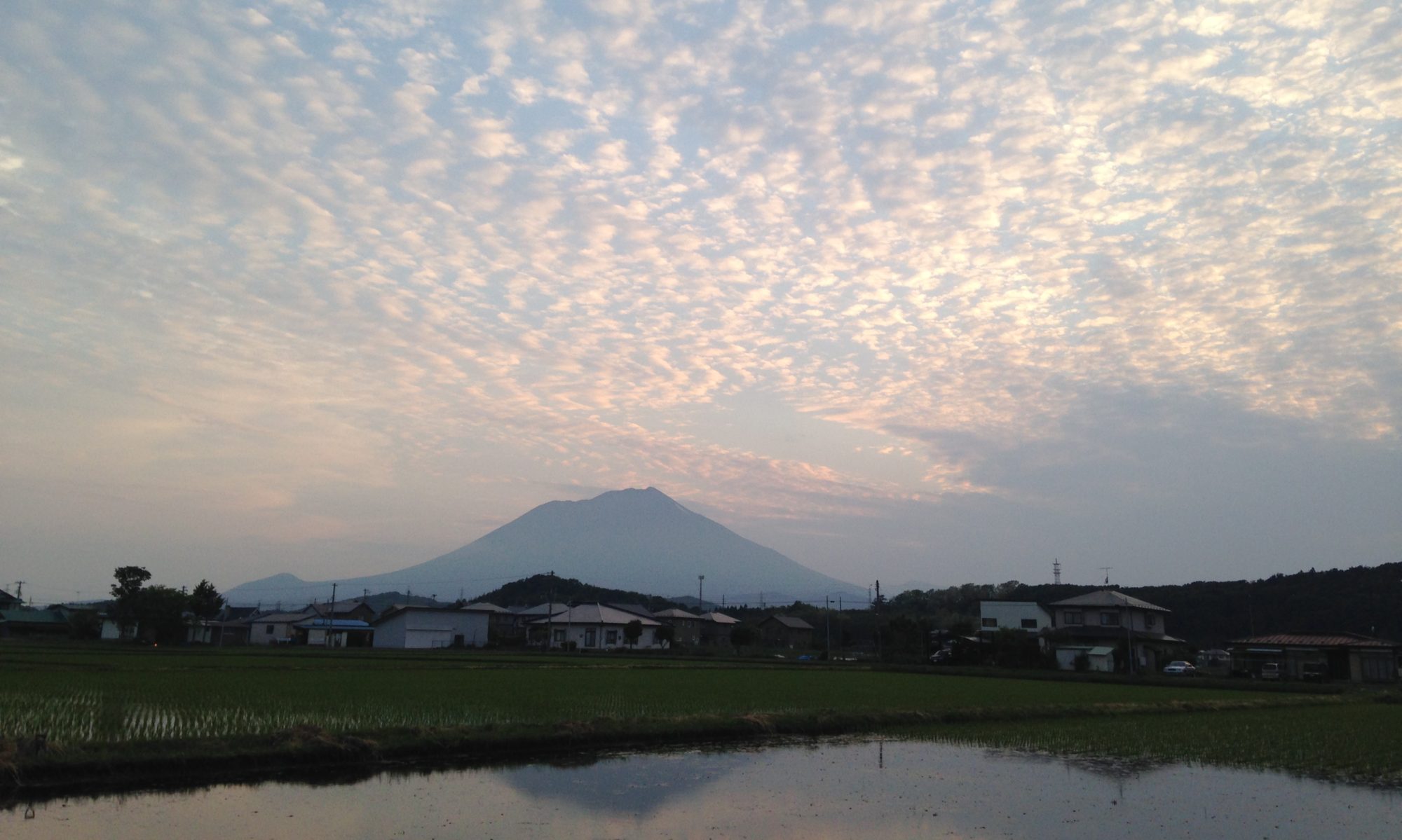sitting in the office,
I turn around and look out the window
the blue-headed bird, the common grackle
picks through the mulch
searching for a meal.
This poem is part of a series of stream of consciousness writings.

experimental literature
sitting in the office,
I turn around and look out the window
the blue-headed bird, the common grackle
picks through the mulch
searching for a meal.
This poem is part of a series of stream of consciousness writings.
A stone well in the center of town
long-abandoned
bone dry
This poem is part of a series of stream of consciousness writings.
Standing on the corner where we would part ways, we stopped walking and turned towards each other. It was beginning to rain. We said our farewells, and she seemed like she would be receptive to a kiss, so I leaned in and our lips met. We stopped for a moment, I pulled her head towards mine and kissed again.
I’d never see her again. It hadn’t been a particularly bad date, but not a particularly good one, either. Neither of us would attempt to contact one another again. She was cute and smart, I could even say funny, but we just didn’t really click. I had to go in for the second kiss to be sure, though. No sparks flew.
Then again, some relationships just seem to be a matter of being able to tolerate someone half the time and loving them the other half. Do sparks have to fly at the start?
Two people meet. Sparks fly. Their sparks ignite one another–a burning passion spreads. Their fire roars until all that is left is ashes. Is this how things are supposed to work?
This story is part of a series of stream of consciousness writings.
Waiting is the worst feeling. Harold has spent the last 9 months on a scheme that has not worked out. See, all Harold wants in life is to paint. People ask, “What would you do if you didn’t need to worry about money?” And Harold says, “Paint,” without a moment’s hesitation.
But painters aren’t known for making money, so Harold determined he would find an online part-time job to be able to pay all his bills, and then he’d be relying on his art and his meager savings for food. He realized all of this about 6 months into his first corporate job.
He found a decent online job teaching English, but the hiring process took quite a long time. First, he was insecure about the plan in general and wasn’t sure he even wanted to do the work. He decided to apply and found that his room wasn’t lit well enough to make videos. He also needed some props and things to have in the background. Harold’s full-time job sucked the life from him, so Harold only had an hour or two a week to get all prepared.
He got the teaching space set up, was able to pass the entry tests, and then finally signed the contract. It had been months. Then, the teaching platform transitioned from a browser-based technology to a desktop application that was not compatible with his operating system. Just in time to make him have to cancel his first lesson.
After a month and a half of saving, his full-time job still wasn’t bringing in enough for him to get that new computer. In that month and a half, the paint supply shop that Harold used exclusively went out business.
Worn down, Harold decided he needed a break from all of his planning and trying to improve his life. He determined he should just accept the life he was in. He stopped thinking about ways he could get a better life right then, and just started hoping he’d be able to paint and sell some paintings in his free time until it made him enough to quit his day job someday.
A year goes by and he has a thousand-mile-stare into his computer screen every day. Every month, he says it will just be another few months. Every now and then, he gets a raise. When the joy of the extra money wears off, when the drudgery still ends up being drudgery, he’s offered a new role at work. And the cycle repeats.
The next thing Harold knows, twenty years have passed and he’s working on the same painting. He hasn’t touched it in years. His youth was decidedly over. Eventually, the company he wasted his youth at lets him go so they can drain the youth from someone younger.
Harold, weary of the world, stops on the bridge he’s walked across every day on his commute the past 20 years. He climbs the guard rail, takes a deep breath, and closes his eyes. He opens them to find himself 28 again, considering how many other painting supply shops must be in town and how long he would have to paint outside of work.
This story is part of a series of stream of consciousness writings.